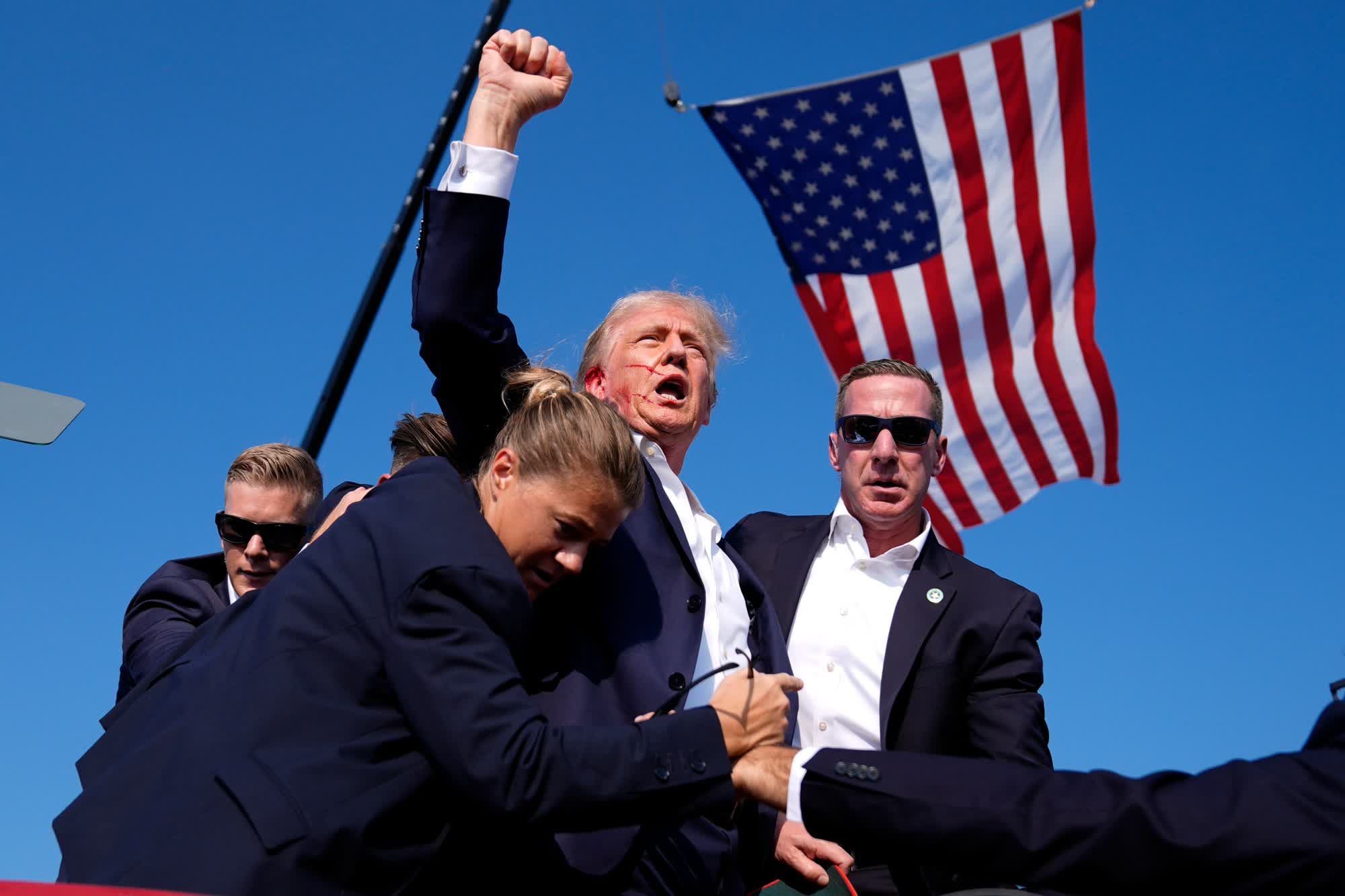In the vibrant Souq Waqif of Doha, the spirited anticipation for the AFC Asian Cup 2023 mirrors the lively atmosphere that characterized the Qatar World Cup in 2022. Visitors, both tourists and locals, find themselves immersed in the football fervor that has taken hold of the market.
One particular scene captures the essence of this excitement: a tourist walks into a clothing shop, eager to photograph a framed image above the master tailor’s head. Abdul Khader, the shop’s tailor, continues his work with a smile, seemingly accustomed to such moments. The image in question is a snapshot of Qatari Emir Sheikh Tamim bin Hamad Al Thani draping a traditional Arab robe, known as a bisht, on the shoulders of Argentina’s World Cup-winning captain, Lionel Messi. Hazam Batan, a Syrian football fan working in Saudi Arabia, joyfully captures this bit of history on his phone, reminiscing about the Qatar World Cup 2022 that drew more than a million tourists to the country.
Batan is not alone in his return; many are back to support their home countries in the AFC Asian Cup 2023. Tickets have been purchased, predictions are made, and the enthusiasm is palpable. In the narrow, winding lanes of Souq Waqif, discussions about team chances and match outcomes echo through the air. Football shirts of participating nations once again dominate shop displays, alongside must-have Qatari clothes, jewelry, and souvenirs.
Souq Waqif, meaning “standing market,” has a rich history, founded over a century ago as a weekend trading hub along the Msheireb Wadi, facilitating trade between nomadic Bedouins and locals. It stands as Qatar’s top tourist site, having been a favorite during the World Cup. Now, with the AFC Asian Cup taking center stage, the market sees a resurgence of football enthusiasts exploring its narrow lanes, engaging in spirited discussions and adding to the lively atmosphere.
As excitement builds, some compare the Asian Cup to the World Cup, acknowledging a difference in the level of enthusiasm. D Ravi Kumar, a local sports journalist, notes that one reason for this discrepancy is the perceived lower quality of football displayed by most Asian teams compared to their South American, European, and some African counterparts. The absence of football’s biggest stars, including Messi, Cristiano Ronaldo, Kylian Mbappe, Neymar, and Harry Kane, also contributes to the difference in attendance.
Despite these factors, the passion among local football fans remains unabated. This marks Qatar’s third time hosting the tournament, following 1988 and 2011. The current edition was awarded to Qatar after China’s withdrawal last year due to the coronavirus pandemic and the East Asian country’s “zero-COVID” policy.
While the ongoing conflict in the region may have dampened the mood among local fans, particularly with Israel’s war on Gaza, the tournament becomes an opportunity to display solidarity with Palestinians. The participation of the Palestinian team adds an extra layer of passion, with expectations that matches involving Palestine will draw significant crowds.
As fans share their expectations and preparations for the tournament, the excitement is not limited to Qatar’s borders. The large Arab expat population, including those from Jordan, Lebanon, Syria, Yemen, and Palestine, is expected to turn out in the thousands, supporting their home countries. Despite tough times and indirect involvement in regional conflicts, these expats remain committed to cheering for their teams.
Indian fans, who generously supported multiple teams during the World Cup, find themselves in a different position as their country has qualified for the Asian Cup for the second consecutive time. Manjappada, a Qatar-based Indian football fan group for the South Indian club Kerala Blasters, is rallying behind the men in blue.
Asian football powerhouses like Japan, Saudi Arabia, South Korea, Australia, and Iran are anticipated to engage in fierce competition in the latter stages of the tournament. Saudi Arabia, buoyed by their historic win in Qatar in 2022 over the eventual champions Argentina, enjoys the support of thousands of green-shirted fans crossing the land border.
As the tournament organizers expect high turnouts for most matches and declare sold-out tickets for the opening match, Lusail Stadium prepares for an exciting and surprising opening ceremony. Qatar, as the title holder, faces concerns among local fans following their team’s poor display at the home World Cup. The team, led by a new manager, expresses hope for a turnaround and emphasizes the importance of home advantage.
In the lead-up to the opening weekend, the presence of fans at tourist spots, the re-emergence of football shirts in the markets, and the unavailability of tickets for most matches suggest that this edition of the AFC Asian Cup could be one of the biggest yet, continuing the football fever that has gripped Qatar.









